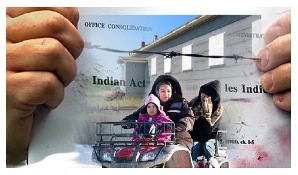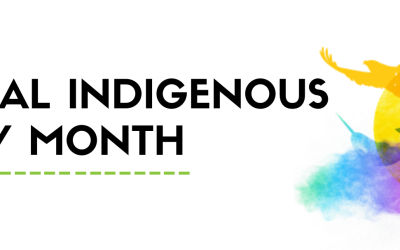 There are many indications that the federal government will be engaging in wide-reaching reforms to Aboriginal education.
There are many indications that the federal government will be engaging in wide-reaching reforms to Aboriginal education.
Most of the recommendations call for Native school boards or the creation of the equivalent of provincial education ministries for Aboriginals.
These changes may be necessary, but it should be recognized that system-wide changes alone may not be enough to improve student outcomes, which is the end goal.
Aboriginal education exists within a policy vacuum in Canada, as Ottawa is reluctant to establish guidelines or even an education system after the experience with the Indian residential schools.
Although band authorities are supposed to provide education that is comparable to the provincial system, this is largely illusory, as there is no real enforcement of standards, and band councils are generally underfunded for education. Band schools also have a hard time recruiting and retaining veteran teachers.
The Mother Earth’s Children’s Charter School (MECCS) in Alberta is Canada’s only indigenous charter school, and it provides a good illustration of what is possible in Canada. (Charter schools are elementary or secondary schools that receive public money but are free from many public school regulations.)
Despite challenges, the MECCS has come a long way, and it proves that indigenous teachings and educational accountability can work together.
The United States has more experience with charter schools with an indigenous focus than Canada does. Some of them, such as the Native Hawaiian system, have proven results that can provide ideas for Canadian charter schools that have an indigenous focus.
It is uncertain to what degree culture is part of a school’s success. However, it is clear that culture, higher standards and accountability must all go together.
To retain good teachers, Aboriginal schools must be able to provide arrangements wherein veteran teachers can return to their former jobs and where working in a reserve school helps to advance their careers.
The sole emphasis should not be on bands running the schools. Independent, indigenous agencies ought to be able to sign charters with governments to run indigenous schools.
The federal government in co-operation with a province should adopt more pilot projects where indigenous charter schools are created in appropriate places.
For both on-reserve and off-reserve schools, the emphasis should be on allowing Aboriginal parents to choose the school that is best for their children. The funding should not always be given directly to band councils or even education authorities. If there are alternatives within the region, Aboriginal Affairs and Northern Development Canada (AANDC) should work with all relevant parties to ensure that parents have choices and that the money follows the student.
View entire study as PDF (21 pages)


